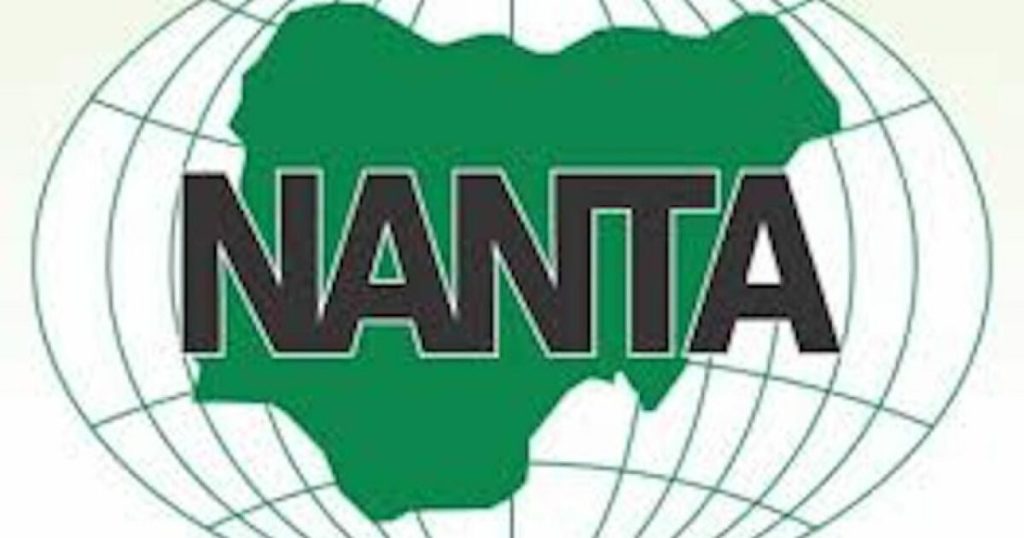The Currency of Contention: NANTA Condemns Dollar-Denominated Airline Ticket Sales in Nigeria
The National Association of Nigeria Travel Agents (NANTA) has voiced strong opposition to the ongoing practice of selling airline tickets in US dollars within Nigeria. This practice, primarily employed by foreign airlines operating within the country, has drawn sharp criticism from NANTA, which views it as a blatant disregard for Nigeria’s sovereignty and a destabilizing factor for the nation’s economy. NANTA President, Mr. Yinka Folarin, has publicly denounced the dollar-denominated sales, characterizing them as anti-trade, disrespectful, and detrimental to the Nigerian aviation industry. This practice, he argues, artificially inflates ticket prices, placing an undue burden on Nigerian travelers and undermining the viability of local travel businesses. He passionately advocates for the Nigerian government to intervene decisively, mandating that all airlines operating within the country incorporate Naira transactions into their booking systems, thereby respecting the national currency and bolstering the local economy. Folarin emphasizes the stability and liquidity of the Naira, urging support for the Central Bank of Nigeria’s efforts to strengthen the currency.
The Spectre of Job Losses and the Unfair Competition of Cross-Border Ticket Sales
The economic ramifications of dollar-denominated ticket sales extend beyond inflated prices. NANTA President Folarin warns of potential job losses within the Nigerian travel industry if this practice persists. He also raises concerns about the burgeoning practice of cross-border ticket sales, where foreign-based travel agents offer lower fares for routes originating in Nigeria. This practice undercuts Nigerian travel agents, effectively depriving them of business within their own market. Folarin criticizes this as not only unprofessional but also exploitative, as it allows foreign entities to capitalize on the Nigerian travel market without adhering to local regulations or contributing to the Nigerian economy. This unfair competition, he argues, further exacerbates the challenges faced by domestic travel agencies. He advocates for a level playing field that prioritizes Nigerian businesses within the Nigerian market.
A Call for Sovereignty and Fair Play: British Airways as a Model for Respecting Territorial Boundaries
Highlighting British Airways (BA) as a positive example, Folarin commends the airline’s policy of prioritizing bookings based on the point of origin. This policy ensures that bookings originating in Nigeria are given precedence, demonstrating respect for Nigeria’s territorial boundaries within the aviation market. Folarin argues that this approach should be the industry standard, promoting fair competition and respecting the sovereignty of nations within their respective markets. He contrasts BA’s policy with the practices of other international airlines that engage in cross-border sales, undercutting local businesses and potentially contributing to job losses within the Nigerian travel industry.
Visa Racketeering: A Separate but Equally Damaging Issue Plaguing the Nigerian Travel Landscape
Beyond the currency and cross-border sales issues, Folarin also addresses the problem of visa racketeering, a practice that tarnishes Nigeria’s international image. He emphasizes that the majority of those involved in visa racketeering are not members of NANTA, asserting that only a small percentage of known offenders are registered travel agents. This distinction is crucial, as it separates the legitimate travel industry from the illegal activities that undermine its credibility. Folarin’s clarification seeks to protect the reputation of registered travel agents who operate ethically and within the bounds of the law.
A Call for Government Intervention: Protecting Nigeria’s Tourism and Travel Market
Reacting to these developments, Dr. Wole Oyebade, a South Africa-based aviation expert, urges the Nigerian government to demonstrate a deeper understanding of the complexities of the situation and take decisive action to safeguard the nation’s tourism and travel market. While acknowledging that cross-border ticketing is a facet of international trade, Oyebade emphasizes the need for the Nigerian government to fully grasp its implications for the domestic market. He stresses the economic significance of Nigeria’s travel sector and advocates for a robust defense of its interests through diplomatic and economic measures. Oyebade warns that without a coordinated policy response, Nigeria risks ceding control of a significant portion of its aviation economy to foreign operators who function outside the purview of Nigerian regulations.
The Need for a Comprehensive and Coordinated Policy Response
The concerns raised by NANTA and supported by aviation experts highlight the urgent need for a comprehensive and coordinated policy response from the Nigerian government. This response should encompass several key elements: mandating Naira transactions for all airline ticket sales within Nigeria, implementing regulations to address cross-border ticket sales and ensure fair competition for local travel agencies, and strengthening enforcement mechanisms to combat visa racketeering. By taking decisive action on these fronts, the Nigerian government can protect its sovereignty, strengthen its economy, and safeguard the integrity of its travel and tourism industry. The current situation demands a proactive approach that prioritizes the interests of Nigerian businesses and travelers while ensuring a fair and transparent marketplace. Failure to address these issues effectively risks long-term damage to the Nigerian aviation sector and the broader economy.














